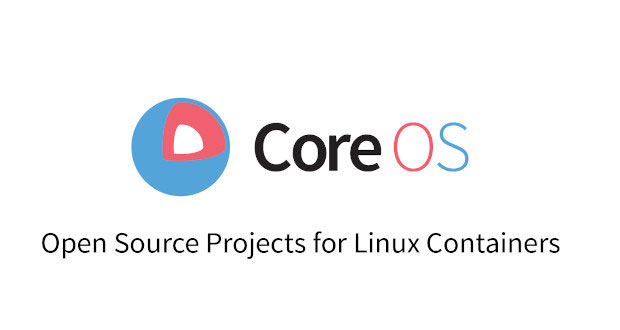Fedora CoreOS simplifies Linux-based container management
Fedora CoreOS is a new edition of the Linux operating system that aims to simplify the management of container-based workloads thanks to automatic updates, modular architecture, and availability for the main cloud platforms.
The Fedora Project and Red Hat, the main sponsor and original developer of the distribution, have announced the availability of Fedora CoreOS, a new edition of the GNU/Linux operating system designed specifically to perform container-based workloads while minimizing maintenance.
Fedora CoreOS is now stable as a distribution facility for managing containers
Although the first platforms to run containers on bare metal are beginning to appear, i.e., eliminating as much as possible the various layers between the hardware and software running inside the containers, there is still a need for operating systems that act as hosts for containers.
Fedora CoreOS does just that and offers automatic updates, support for the Linux Foundation’s Open Container Initiative, security via SELinux, and additional features via easily installable modules. These features make Fedora CoreOS an ideal Linux distribution for system administrators to focus on the containers instead of the environment in which they are run.
The platform is under active development and is now being released for the first time as stable and ready for production environments software, as reported by Phoronix.
Fedora CoreOS can be run directly on the hardware, but also virtualized within VMware servers or with QEMU, as well as through OpenStack. It is also available in all AWS regions, and images are available for Microsoft, Google, and Alibaba clouds. Also, it can be run directly in RAM via live images.
Plans for the project include compatibility with a larger number of processor platforms and architectures in addition to x86_64 (e.g., POWER) and closer integration with Kubernetes distributions such as OKD.
Further information on the project is available on the official website.

